Does sugar keep you awake? According to science—it does. And more surprisingly, lack of sleep might actually cause you to crave more sugar.
RELATED: 7 Foods That Help You Sleep And The Importance Of Nutrition With Sleep
Does Sugar Keep You Awake?
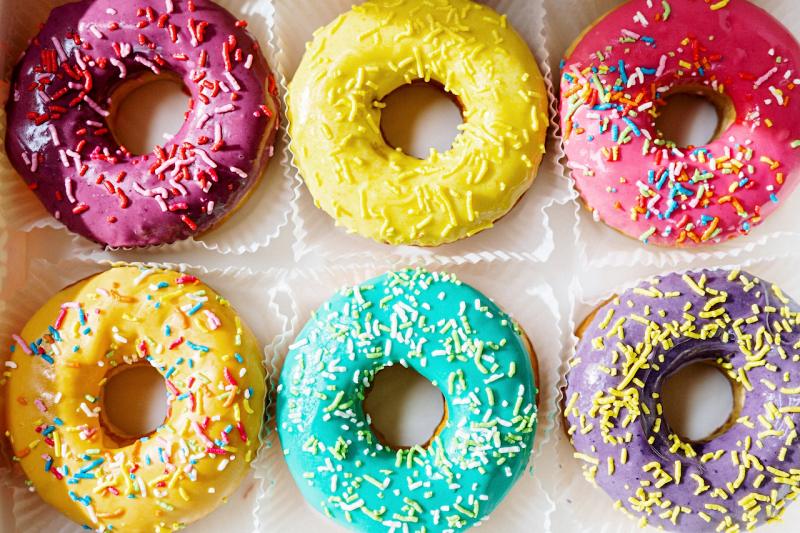
Sugar May Keep You Awake at Night
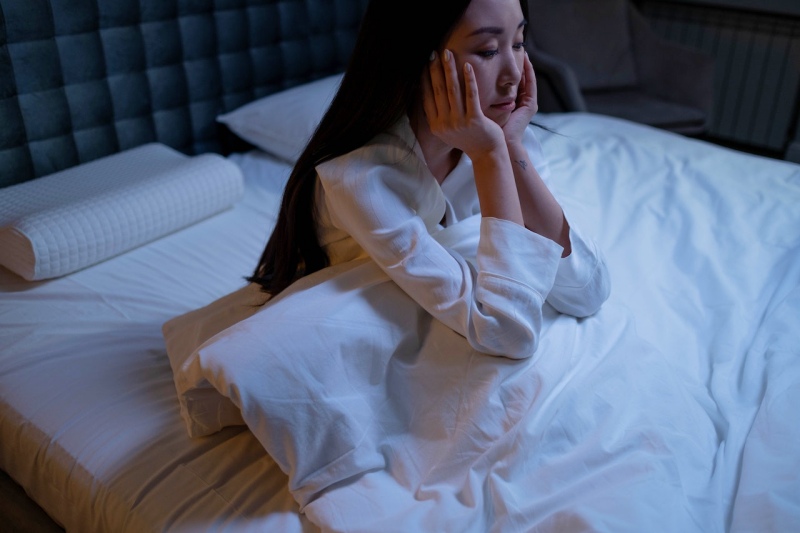
Eating plenty of sugar before bed could be keeping you awake.
Your high-sugar or high glycemic index (GI) diet might be giving you too much fuel when your body is meant to slow down and go into rest mode. When your blood sugar levels peak, insulin brings all that glucose into your cells, which drives up your energy supply when you’re supposed to be winding down.
These foods included foods with added sugar and other foods with a high GI, like white rice, processed foods, and fast food.
Following the rise and fall of blood sugar in your system, your body may release cortisol and adrenaline—hormones known to hurt your sleep quality.
Another problem with a carb-rich and sugary diet is that in addition to keeping you awake at night, it might actually rouse you in the middle of your rest.
Too Much Sugar May Rouse You & Hurt Your Sleep Quality
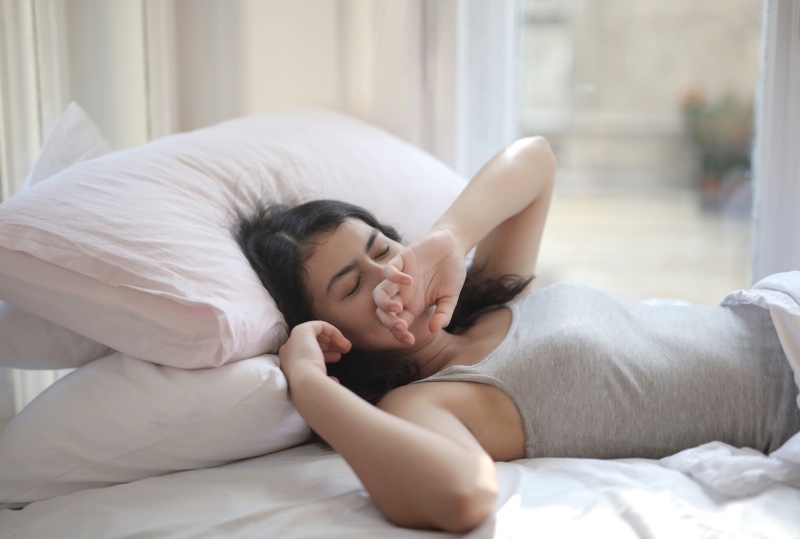
While you may find yourself quickly falling asleep after a hearty meal (commonly known as a food coma), that rest may not last long.
Research finds that sugar prevents you from getting deep, restorative sleep and may cause you to wake up in the middle of the night.
One study found that, following a high-sugar, low-fiber diet, it took longer for the subjects to fall asleep (sleep onset latency) and led to more nighttime awakenings.
Another study found that a high-sugar, high-fat diet reduces the time you spend in the slow-wave-sleep (SWS) sleep stage—the sleep stage where your body repairs itself and boosts your immune system.
Refined Carbs May Lead To Insomnia
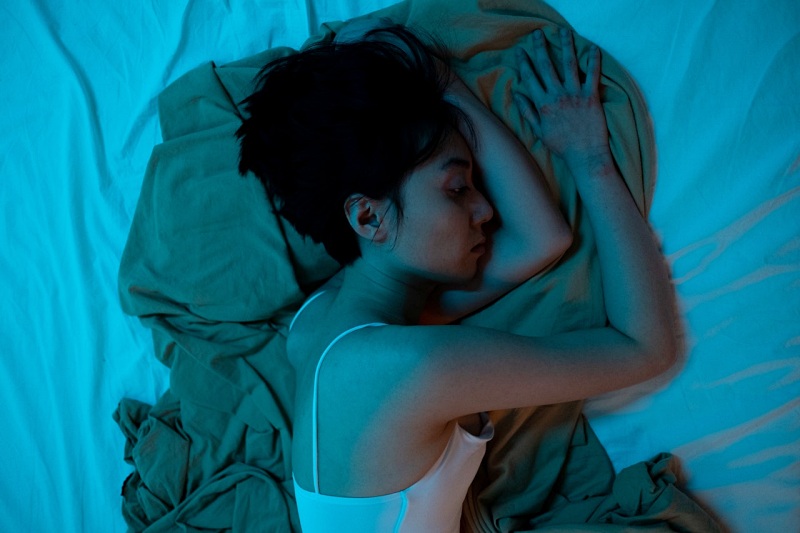
A diet rich in high-GI foods may lead to the development of insomnia.
One study found that women that consumed foods higher in dietary GI may be more likely to develop insomnia in three years. Interestingly, the same study found that eating more whole grains may lower the prevalence of insomnia.
The researchers hypothesize that it’s the rise and fall of your blood sugar levels that might be a trigger for insomnia.
Your Low Energy Can Lead To High-Calorie Cravings
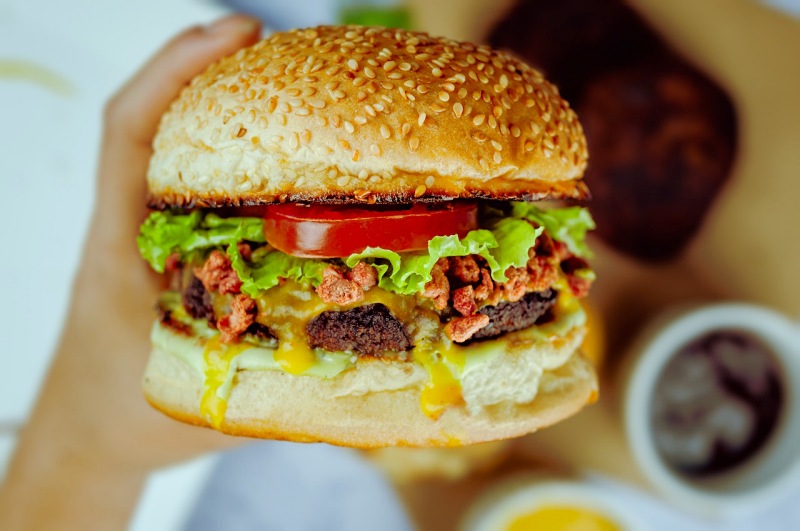
It’s well-known that sleep-deprived people tend to make unhealthier food choices.
One study found that a tired brain might be more keen on food odors, which may be why find yourself more drawn to the 24/7 doughnut shop at night.
The piriform cortex is a part of your olfactory system and is the first to receive information about things you smell. And the researchers found that when you’e sleep deprived, it goes on hyperdrive. Smell inputs enter your piriform cortex then are passed on to the insula cortex, which regulates your food preferences, appetite, and feeding behavior.
However, this connection is disrupted when you lack sleep. And the researchers hypothesize that this disconnection or signal interruption is what might be making sleep bodies reach for more pizza.
RELATED: Tips To Get A Good Sleep And Boost Your Immune System
How Much Sugar Is Healthy?
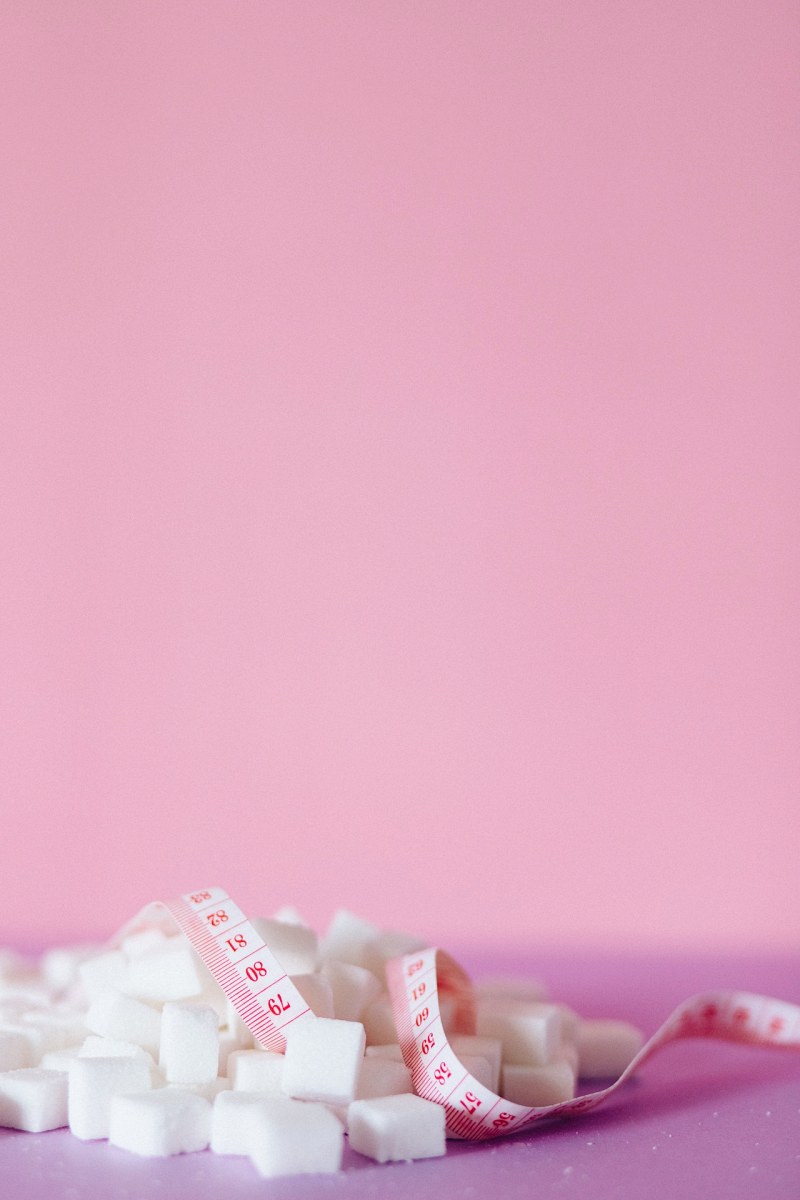
According to the American Heart Association:
- Men: maximum of nine teaspoons a day or 36 grams or 150 calories of added sugar
- Women: maximum of six teaspoons a day or 25 grams or 100 calories of added sugar
The AHA also warns that sweetened drinks are a big source of added sugars followed by snacks and other sweet treats.
To satisfy your sweet tooth, experiment by making your own smoothies made with naturally sweet fruits. Even without the added sugar, they’re sure to satisfy your cravings even without the added sugar.
Don’t forget to throw in some milk!
Some research shows that tryptophan-rich dairy products may be helpful in promoting sleep.
Make a habit of reading nutritional labels when you do your grocery shopping.
Reading Nutritional Labels
Learning how to spot added sugars is key to control your diet.
Watch out for these common added sugars:
- sugar
- raw sugar
- syrup
- brown sugar
- malt sugar
- molasses
- honey
- corn syrup
- corn sweetener
- high-fructose corn syrup
- invert sugar
- dextrose, fructose, glucose, lactose, maltose, sucrose
It’s important to understand that there are foods that naturally contain sugars and are different from foods made with added sugars.
Fruits contain fructose, a natural sugar. Milk also contains lactose, another naturally occurring sugar.
Added sugars are food that had sugars or high-calorie sweeteners in them during the food preparation process. These are the ones you want to avoid if you want to limit your sugar intake.
Food labels will also include total sugars and added sugars.
The U.S. Food & Drug Administration (FDA) define these as:
- Total sugars. The total quantity of naturally occurring sugars plus any added sugars, if any.
- Added sugars. The quantity of sugars added during the food preparation process. These do not account for the types of sugars naturally found in food.
Common High-GI Foods
- processed foods
- baked goods (white bread, pastries)
- fast food
- potatoes
Sugar can, in fact, keep you awake.
High-GI foods keep you from getting deep, restorative rest. And worse, that lack of sleep may lead your body to crave for more sugar. Studies also found that sugary foods may trigger insomnia.
It’s not just the timing of your sugar-rich meals that can disrupt your sleep. A dietary pattern filled with lots of fast food and sweet snacks—regardless of what time you eat them—can lead to poor sleep quality and insomnia.
Keep in mind that there’s a difference between sugary foods and foods that naturally have sugar, like fruits. Whole foods or foods with a lower GI are better for both your sleep quality and health. Exchange your banana cake for a banana and your potato chips for a handful of nuts.
UP NEXT:

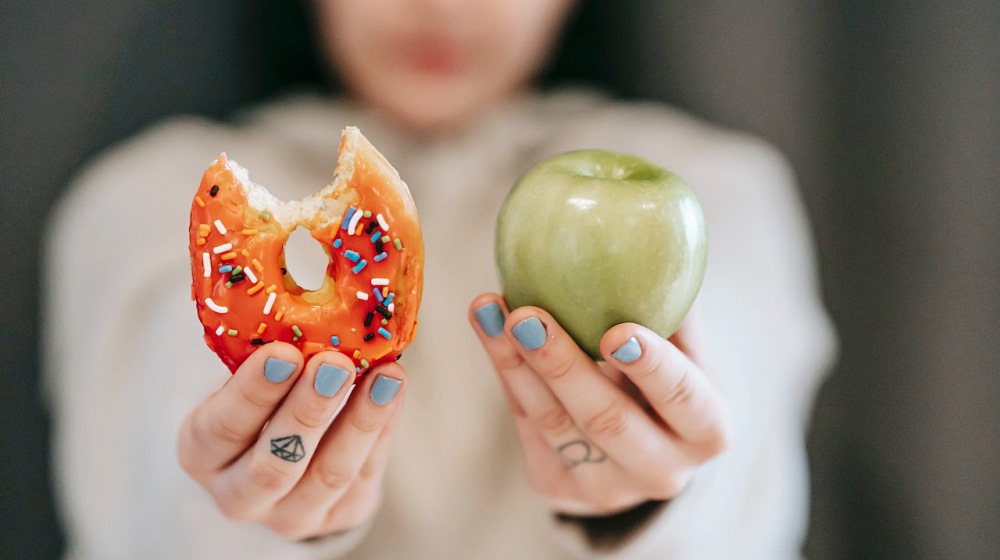








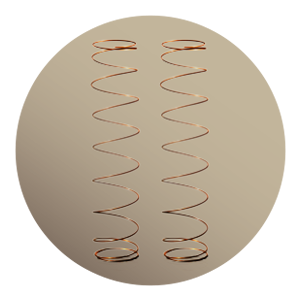
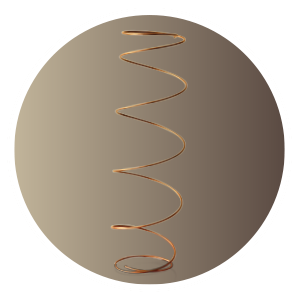
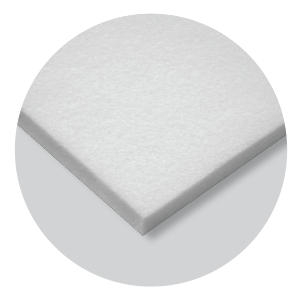
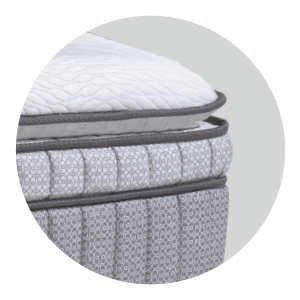
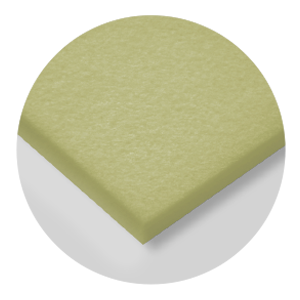
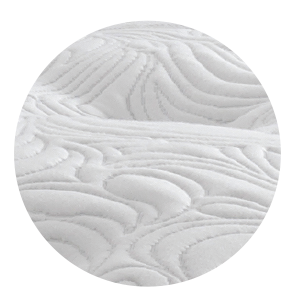
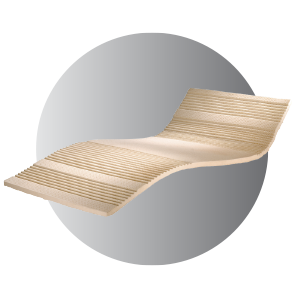

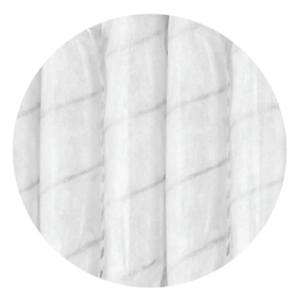
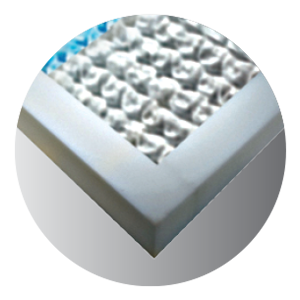
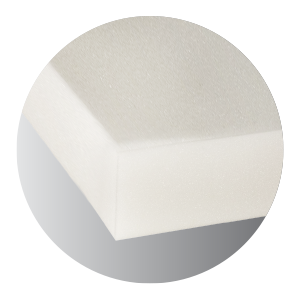
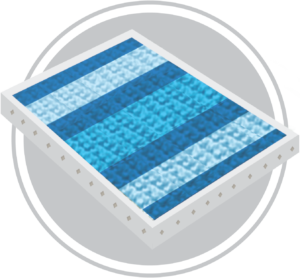
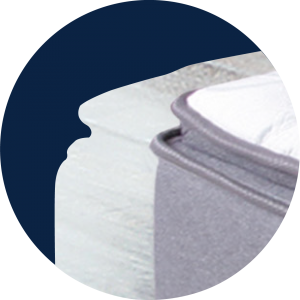

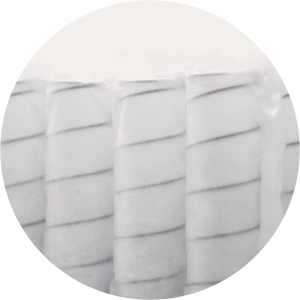
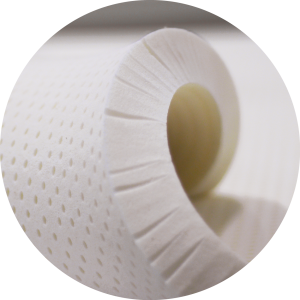

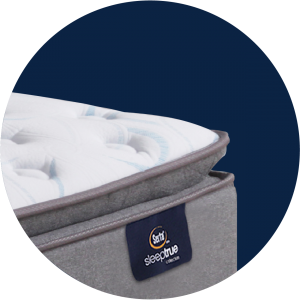
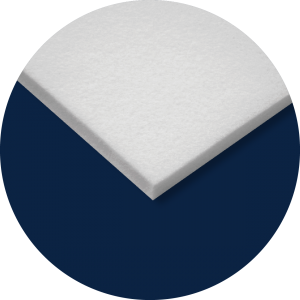

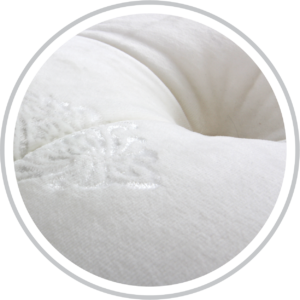
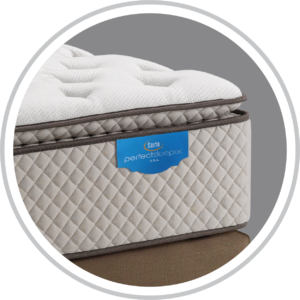

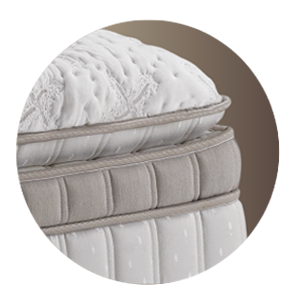

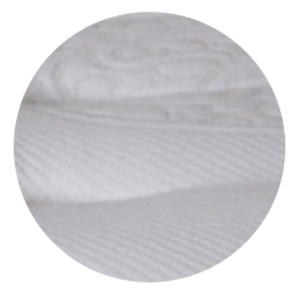
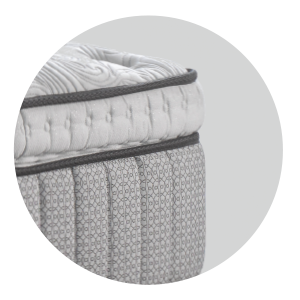


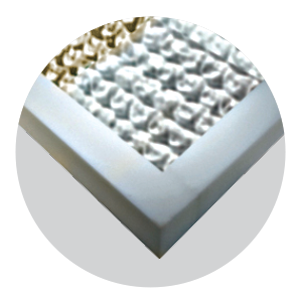
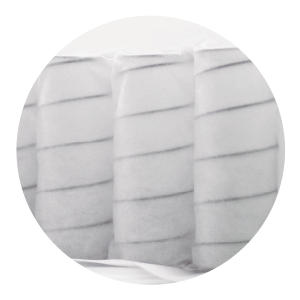
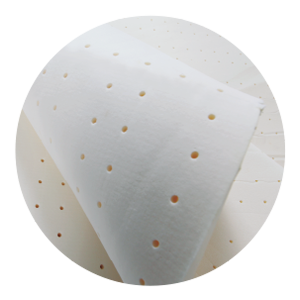
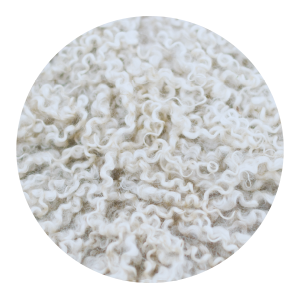
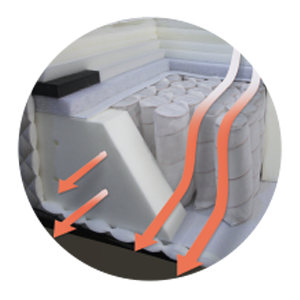
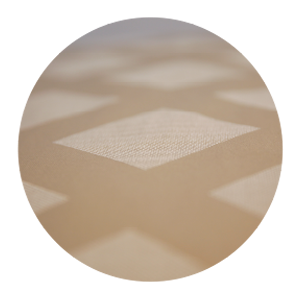
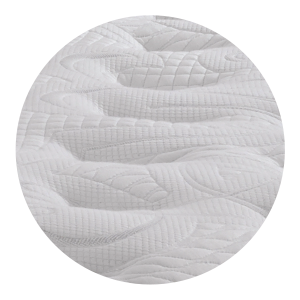

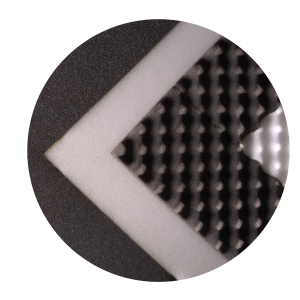


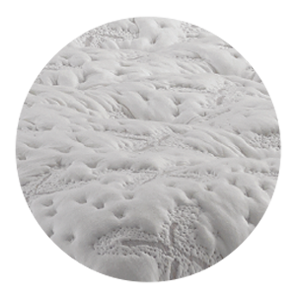
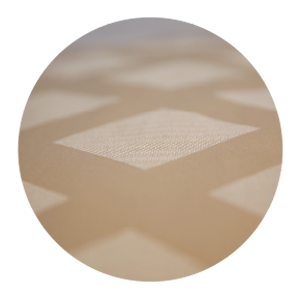
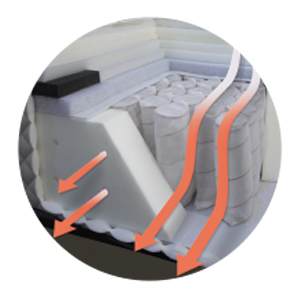

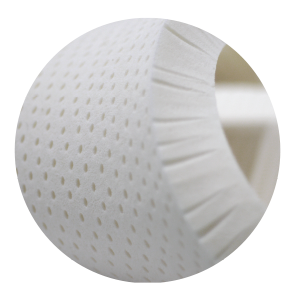
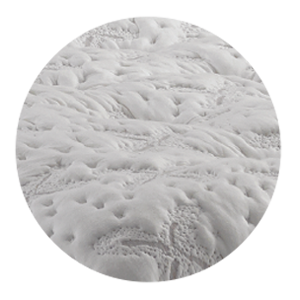
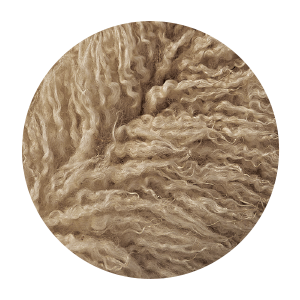
0 Comments